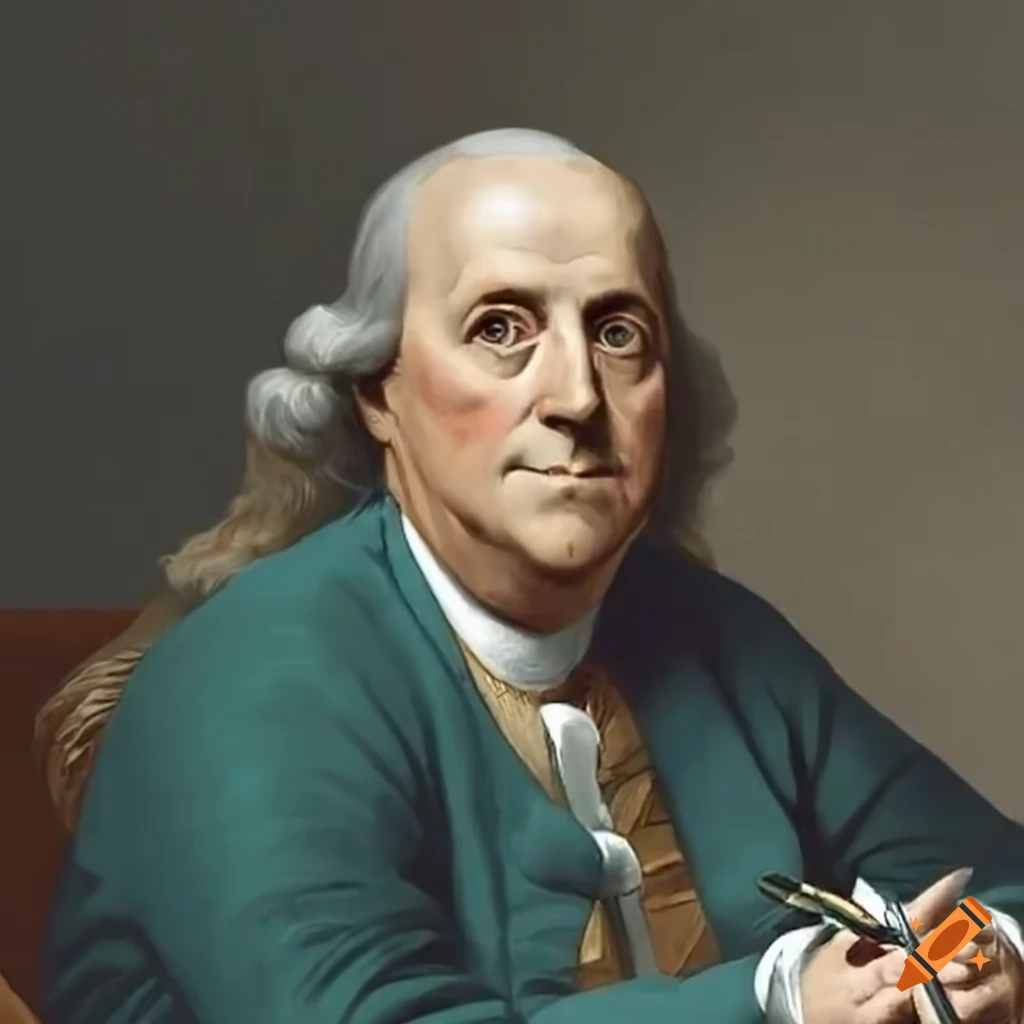
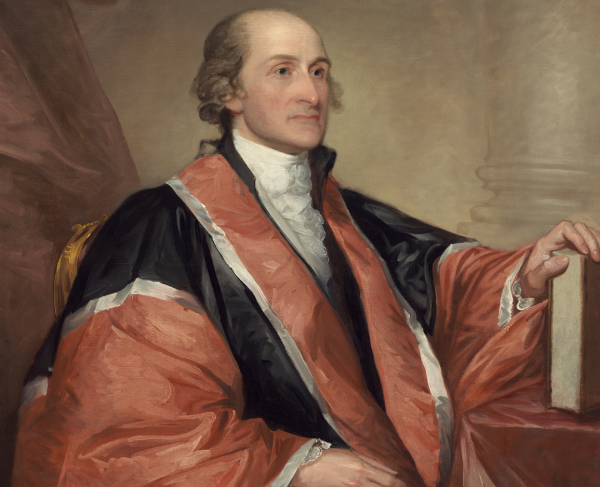

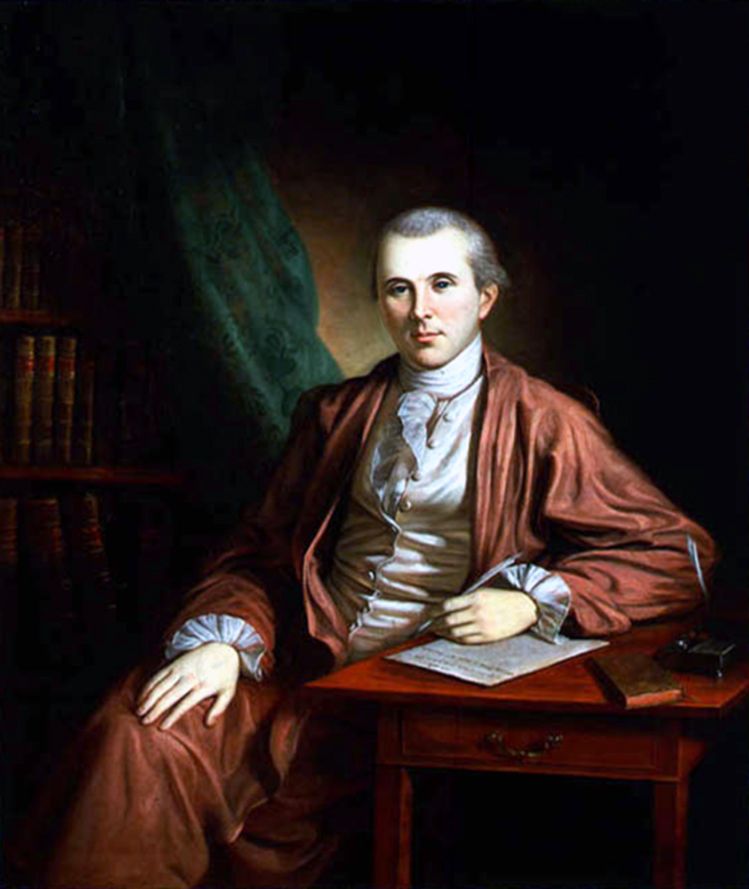
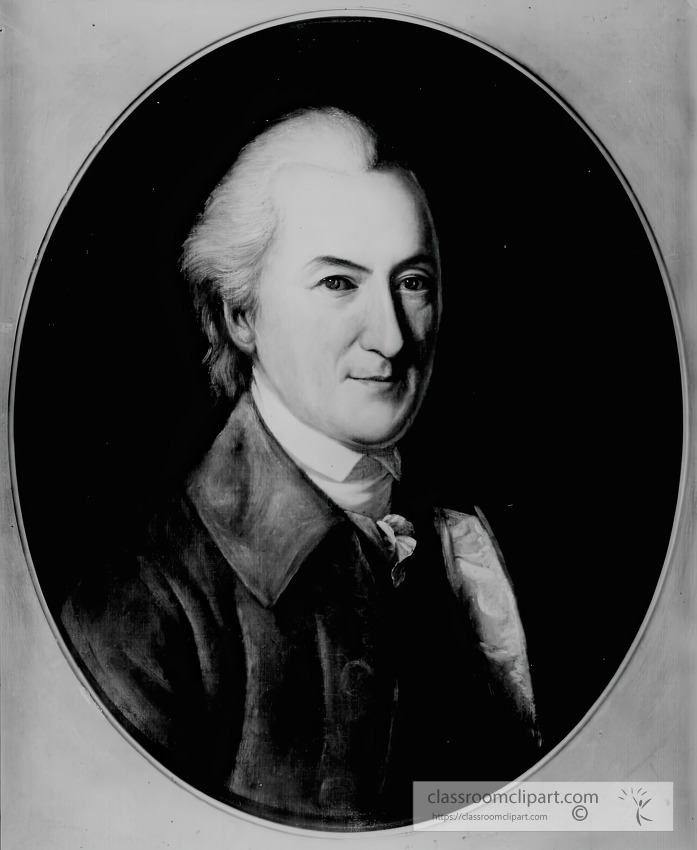
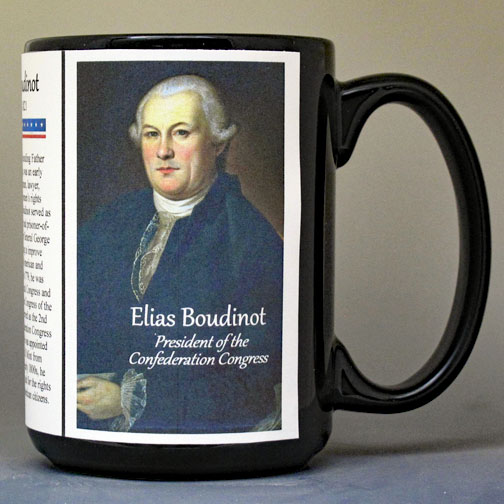
Posted on 08/23/2025 4:28:03 PM PDT by ProgressingAmerica






“Slavery was indeed bad”. What’s with the “was”? There are more slaves in Africa and Asia today than at any point in world history. Do the people screaming about slavery 200 years ago in the U.S. even care? No. They don’t care.
Smithsonian is something that all of us used to think was something that was on our side
/
I have NEVER thought that of those snotty reprobate darwinist cultists.
It is entirely possible to have a compartmentalized discussion.
Thank you.
Does the Smithsonian ever mention that? Do any of the drone brain dead leftists at the Smithsonian even know that. I doubt it. They only know what their leftist professors told them.
The Ones who kept all their slaves? Perhaps the ones that deliberately wrote slavery into the US Constitution? (Article IV, Section 2)
I don't think you are coping well with history that won't bend to what you wish it to be.
Benjamin Franklin was a slaveowner most of his life. Near the end he became outspoken opponent of slavery even publishing articles against the practice.
They can't milk it for money and power, so it really doesn't matter to them.
Slavery never mattered to the elites in this country other than it's value as a path to power.
What law did Massachusetts pass to end slavery?
My recollection is that liberal biased judges deliberately twisted some words in the newly created Massachusetts constitution to declare it abolished slavery, but this was just blatant lying.
Activist courts ended slavery in Massachusetts. Nobody passed any laws to do it.
And of course, the Massachusetts slave owners simply took them out of state and sold them.
Lots of fanfare for their activism, but didn't really do much for their declared cause.
“Pennsylvania and Massachusetts passed laws to end slavery in their states in 1780… before the revolution was over, 9 years before the Constitution went into effect, and over 50 years before the British outlawed it.”
Of the 13 original slave states, 13 of them voted to enshrine slavery into the United States Constitution in 1787. This includes Pennsylvania and Massachusetts.
In fairness, probably the only reason Pennsylvania and Massachusetts went along with giving slavery legal status in the Constitution was because it was in their own economic and political best self interest.
What is it with you two, anyways?
Are you incapable of separating anything away from the Civil War? Is it really that difficult? It should be utterly simple to say “the Civil War and all of that” (pointing in one direction) that’s over there.
“The Revolution and the Founders” (pointing in the opposite direction) that’s over here.
How come you aren’t capable of doing this?
I think the Quakers styled Pennsylvania’s 50 year phase out of slavery “philanthophy at bargain rates.”
The Smithonian has been corrupt and political for over 100 years. Decades after the Wright Brothers’ successes, they continued to give credit to Samuel Langley as almost a co-inventor of flight. He weaseled about $100,000 dollars from the Smithonian and the War Department to support his deveopment of his machine “Aerodrome” in the late 1890’s.
Although it crashed spectacularly several times, the Smithonian would not admit the Wrights were the first. I don’t think the Wrights even let the Institution have their plane for display until the 1930’s AND they insisted on proper recognition. Reluctantly, the Smithonian agreed.
BTW, my Indian friends say the Smithonian related National Museum of the American Indian is just as bad.
The reason I connect General Light-Horse Harry Lee with his son General Robert E. Lee is because I don't live in a vacuum.
Why are you incapable of saying in broad terms that the civil war is over there and the american revolution is over here, with their obvious and unmistakable distinctions?
“Why are you incapable of saying in broad terms that the civil war is over there and the american revolution is over here, with their obvious and unmistakable distinctions?”
Because of the principles in the Declaration of Independence and the United States Constitution.
The South left the Union and took the Constitution with them.
The founders were heming in slavery. It was dying before the Cotton Gin.
I bet some were absolutely doing that. And I bet some were absolutely not doing that.
And I bet some northern businessmen figured their states couldn't grow cotton and therefore did not need black workers living in their states.
And further I bet some northern businessmen figured without owning slaves they could still make money transporting slaves on their ships; and transporting slave-grown cotton on their ships; and insuring slave cargoes; and lending money to finance slave-based trade; and buying slave-grown cotton to manufacture goods to be sold for a profit; and imposing confiscatory taxation on slave-produced wealth being repatriated as imports by the cotton states.
One of the “Won Cause Myths” postwar was that the north “fought to free the slaves.”
Let’s read what Frederick Douglass had to say:
“In his 1860 speech “The Constitution of the United States: is it pro-slavery or anti-slavery?”, Frederick Douglass cites the Notes of Debates in the Federal Convention of 1787 left behind by James Madison in order to describe four provisions of the Constitution that are said to be pro-slavery. In examining the history of how the clauses were debated and structured, he argues either that they are not pro-slavery or that they do not concern slavery.
He argues that the Three-Fifths Clause (Article I, section 2) “deprives [slave] States of two-fifths of their natural basis of representation”; that the Migration or Importation Clause (Article I, section 9) allowed Congress to end the importation of slaves from Africa in 1808; that the Fugitive Slave Clause (Article IV, section 2) does not apply to slaves but rather to “Person[s] held to Service or Labour”, which do not include slaves, because a slave “is a simple article of property. He does not owe and cannot owe service. He cannot even make a contract”; and that the clause giving Congress the power to “suppress Insurrections” (Article I, section 8) gives Congress the power to end slavery “[i]f it should turn out that slavery is a source of insurrection, [and] that there is no security from insurrection while slavery lasts....”
Disclaimer: Opinions posted on Free Republic are those of the individual posters and do not necessarily represent the opinion of Free Republic or its management. All materials posted herein are protected by copyright law and the exemption for fair use of copyrighted works.